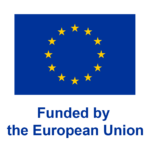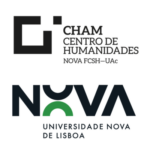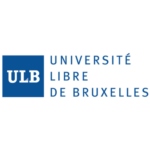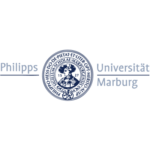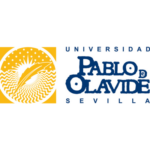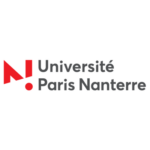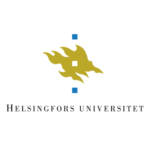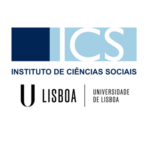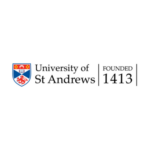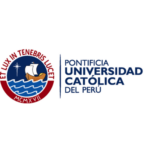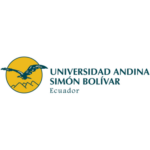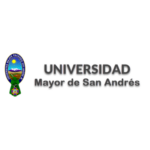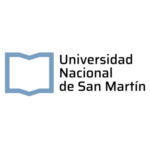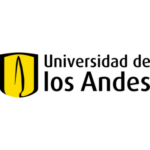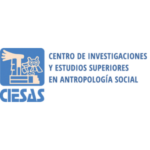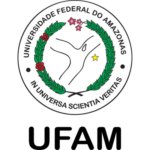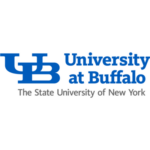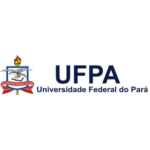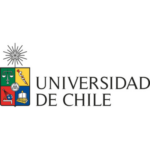Work Package 4
Reassessing Indigenous Cosmo-Ecologies: Current Entanglements and Potential Contributions between Indigenous and Scientific Knowledge
WP4 will concentrate on reframing Indigenous cosmo-ecologies and scientific ecological knowledge in the context of the planetary crisis. It will ask how the frictions between Indigenous knowledges and scientific knowledge, critical for understanding environmental elements and dynamics, may be brought into a symmetrical discourse to include plural epistemologies and ontologies and move beyond the pitfalls of multicultural recognition.
This WP will focus on the distinctly relational Indigenous conception of environmental relations, the resulting socio-ecological epistemologies and practices, and their entanglements with scientific ecological knowledge. We will ask how the land, the territory, and its components like forests, lakes, mountains, animals, plants, wind, rain, etc., are conceptualised and on what basis relations with and interventions into these components are undertaken. In what ways are these relations and conceptions memorised, transformed, revitalised, transmitted and applied to translocally emerging ecological issues; used to face critical environmental transformations and to develop strategies to adapt to and mitigate climate change; to enact biodiversity conservation and landscape regeneration; and to develop new and more inclusive relational, transdisciplinary, and intercultural approaches for the current planetary crisis, including the reduction of carbon emissions, deforestation, and global warming, as well as the potentials and consequences of the energy transition.
WP Leaders

Ernst Halbmayer
Philipps-Universität Marburg
- halbmaye@staff.uni-marburg.de
Professor for Social and Cultural Anthropology at the Philipps-Universität Marburg, Germany. He has extensively researched Carib and Chibchan-speaking groups in northern South America and southern Central America, especially among the Yukpa (Venezuela/Columbia). His research interests include post-natural anthropology, anthropology of conflict, Indigenous modernities, and transformation processes of world conceptions and social relations. Among his recent books are “Creation and Creativity in Indigenous Lowland South America” edited with Anne Goletz (2023), “Amerindian Socio-Cosmologies between the Andes, Amazonia and Mesoamerica: Toward an Anthropological Understanding of the Isthmo-Colombian Area” (2020) and “Indigenous Modernities in South America” (2018).

Juan Camilo Niño Vargas
Universidad de los Andes
- jcnino@uniandes.edu.co
Associate Professor in the Department of Anthropology, Faculty of Social Sciences, at the Universidad de los Andes, Colombia. Holds a PhD in Social Anthropology and Ethnology from the École des Hautes Études en Sciences Sociales (EHESS, Paris). His research focuses on the ontologies and socio-cosmologies of the Chibchan-speaking groups of the Isthmo-Colombian area, notably on the notions of humanity, animality and vegetality, and the interaction between humans and non-humans. He has conducted extensive ethnographic research among the Ette (Chimila) of northern Colombia and has collaborated with them in linguistic and cultural revitalization processes. He has written books, articles, and chapters on these subjects, including Universos Chibchas (with S. Beckerman, 2024), Diccionario de la lengua ette (2018) and Ooyoriyasa. Cosmología e interpretación onírica entre los ette (2007).

Thiago Mota Cardoso
Universidade Federal do Amazonas
- thiagocardoso@ufam.edu.br
Associate Professor at the Department of Anthropology and Coordinator of the Postgraduate Programme in Social Anthropology at the Federal University of Amazonas. Coordinator of the Anthropology of Life, Ecology and Politics Laboratory – COLAR. He has been conducting anthropological research and projects with indigenous peoples and traditional communities in the Brazilian Amazon and Atlantic Forest since 1998. His research themes are on environment, knowledge, territorialities and political ecology.
Other Researchers
- Researcher 1
- Researcher 2


